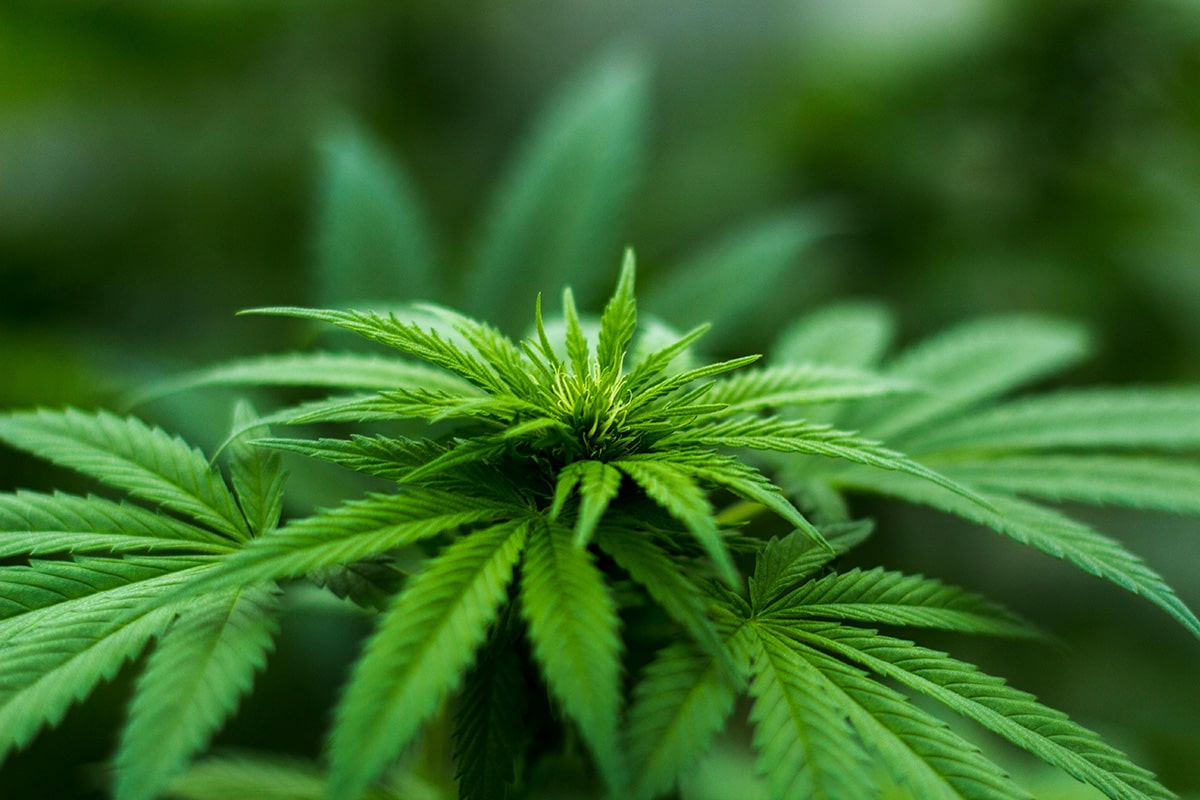CBD – Everything You Need to Know

Cannabidiol—better known as CBD—has gone from a niche wellness ingredient to a mainstream staple. It’s in oils, gummies, creams, and even pet treats. But what exactly is CBD, how does it work in the body, and is it the same thing as THC? Let’s break it down.
The Endocannabinoid System: Your Body’s Balancing Act
CBD works through something fascinating called the endocannabinoid system (ECS). This system exists in every human (and many animals) and plays a key role in keeping the body in balance—something called homeostasis.
Think of the ECS as a network of messengers and receivers spread throughout your body. It influences things like:
- Mood
- Sleep cycles
- Appetite
- Pain and inflammation
- Memory and learning
The ECS has three main parts:
- Endocannabinoids – Your body’s natural cannabis-like molecules.
- Receptors – “Docks” on cells where these molecules attach. The two main types are: CB1 receptors (mostly in the brain and central nervous system) and CB2 receptors (mostly in immune cells and the peripheral body).
- Enzymes – Break down endocannabinoids once they’ve done their job.
Where CBD Comes From
CBD is one of over 100 cannabinoids found in the cannabis plant. It’s most often extracted from hemp—a variety of cannabis that’s naturally low in THC (the compound that causes a “high”).
After extraction, CBD can be made into different types of products:
- Full-spectrum (contains CBD plus other cannabinoids and trace THC)
- Broad-spectrum (CBD plus other cannabinoids but no THC)
- CBD isolate (pure CBD, no other cannabinoids)
CBD vs. THC – How They’re Different
Here’s the key difference: THC flips the CB1 “switch,” which changes your mental state and produces a high. CBD doesn’t flip the switch—it’s more like adjusting a dimmer, helping the system work better without intoxicating effects.
Homeostasis: Why It Matters
The endocannabinoid system’s main job is to maintain homeostasis—your body’s state of internal balance. That’s why CBD has such wide-ranging effects. Instead of forcing a specific reaction, CBD supports your body in getting back to equilibrium.
This might mean:
- Calming overactive nerves to reduce anxiety
- Easing inflammation to support recovery
- Helping regulate sleep-wake cycles
The Bottom Line
CBD isn’t a miracle cure, but it’s a powerful plant compound with real science behind it. Understanding how it works with your body’s natural systems can help you decide if it’s right for you.
For Further Study
- National Center for Complementary and Integrative Health (NCCIH) – Cannabis (Marijuana) and Cannabinoids
- Project CBD – Scientific research on cannabidiol
- Harvard Health Publishing – Cannabidiol (CBD) — what we know and what we don’t
- Frontiers in Pharmacology – “Cannabinoid pharmacology: the first 66 years”
- Journal of Cannabis Research – Clinical studies and reviews on cannabinoids
Subscribe to our email list
Get the latest offers and wellness news.
